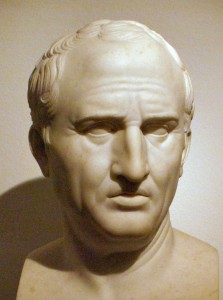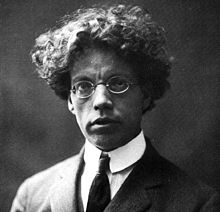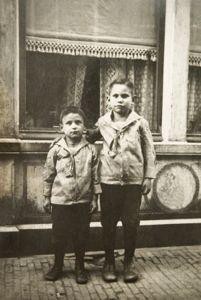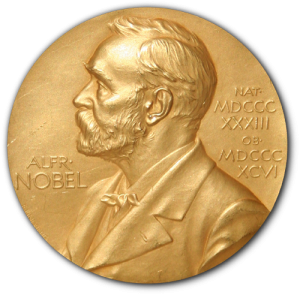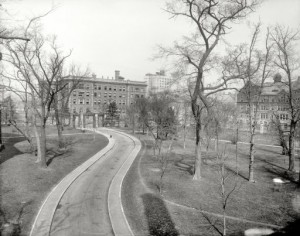 To Charles Augustus Strong
To Charles Augustus Strong
Cambridge, Massachusetts. November 16, 1911
The Columbia people have formally invited me to become a professor there; I told them it was too late; that I was not quite divorced from Harvard, and that the divorce, such as it was, was not for the sake of a second marriage, great as the new lady’s charms might be, but for the sake of quiet and freedom. I am full of plans, like a young man. I feel as if I were going to begin a new career, that which I was really fitted for, and from which circumstances diverted me twenty five years ago. My sister Josephine and I have been looking over old papers; I have collected and reread all my father’s letters to my mother and to me. They have given me a new and vivid impression of our whole family history, and I seem to see the crises and turning points of my own life in a dramatic way which I was unconscious of before. ‘83, ‘88, and ‘93 were the years in which I took the path of least resistance when, with a little more courage on my part, or sympathy on the part of my family, I might have turned to less arid courses. However, I had a good time at Harvard from ‘89 to ‘93; and since then I have written a great many books, such as they are. What consoles me is that I still may have time and inspiration to write two or three more, more nearly such as they should be.
From The Letters of George Santayana: Book Two, 1910-1920. Cambridge, MA: The MIT Press, 2001.
Location of manuscript: Rockefeller Archive Center, Sleepy Hollow NY

